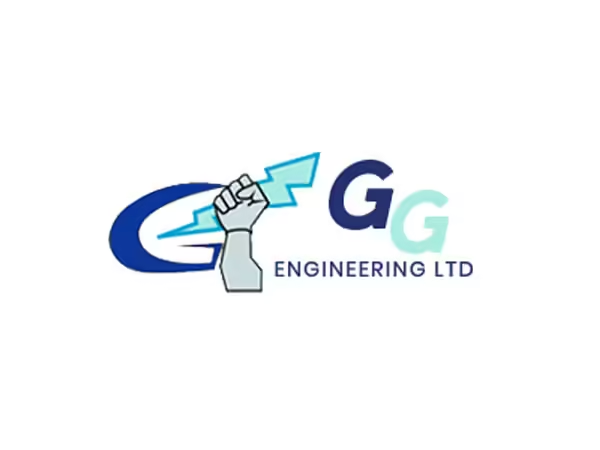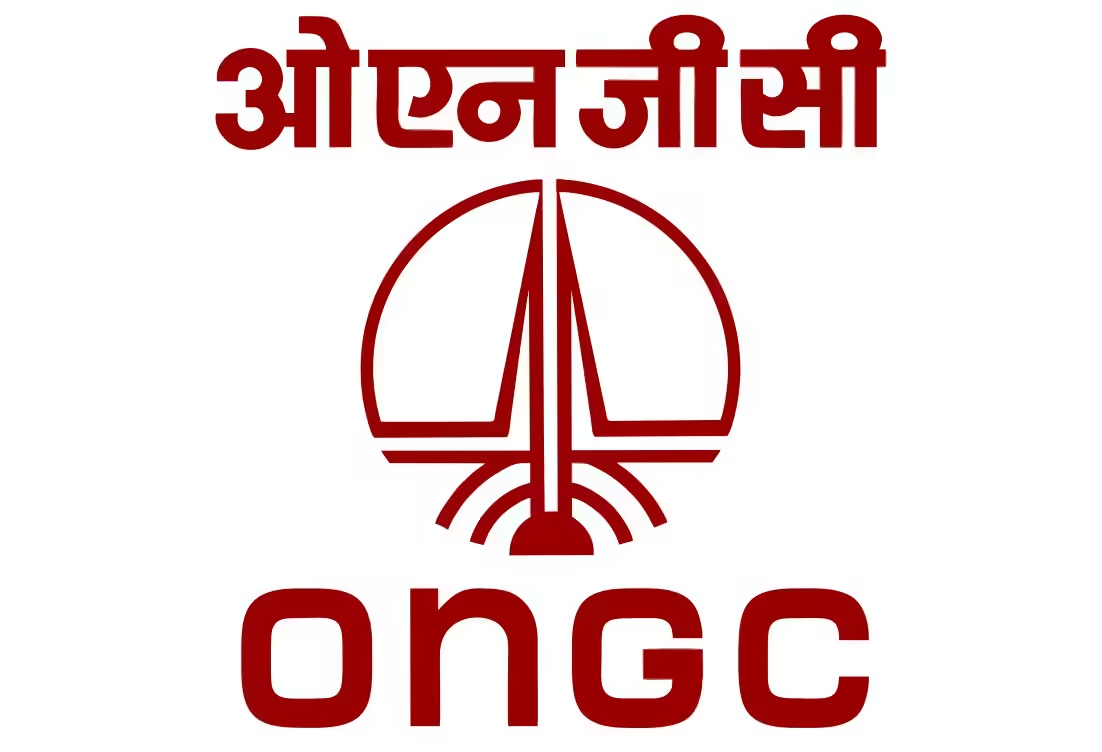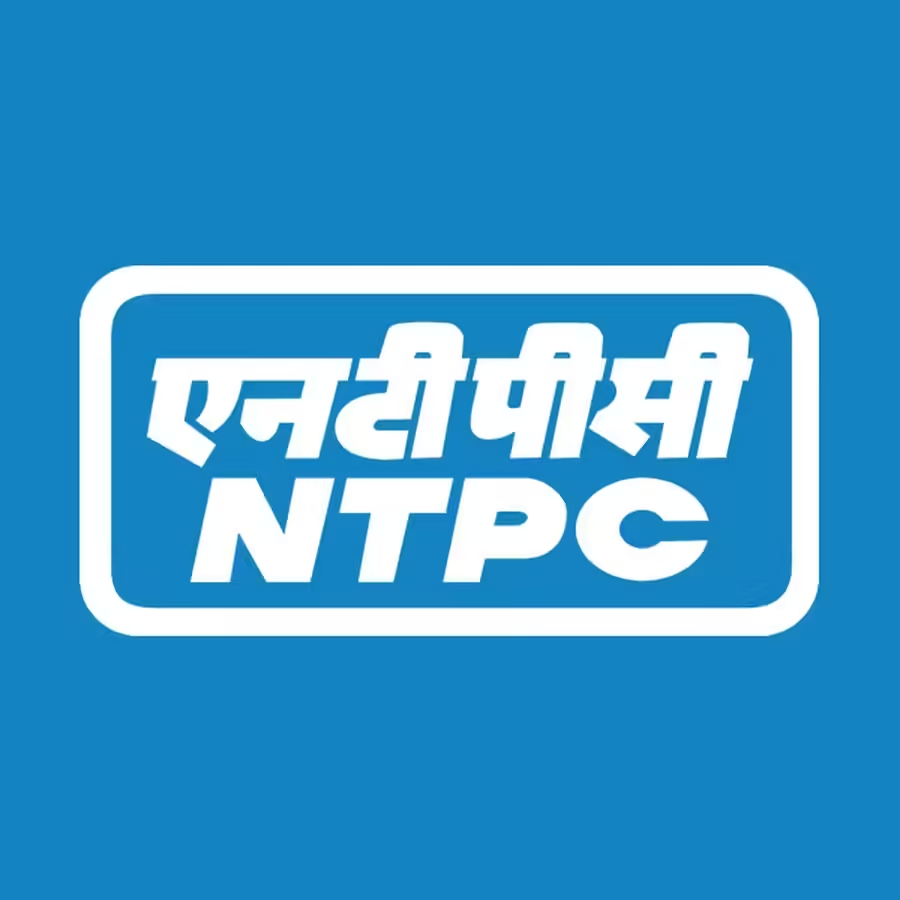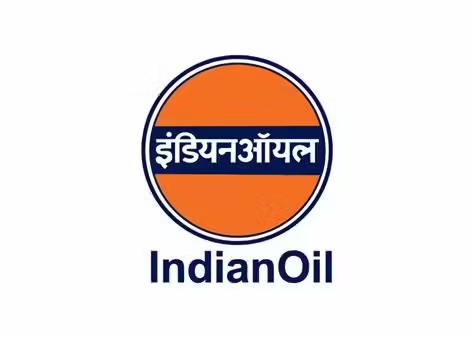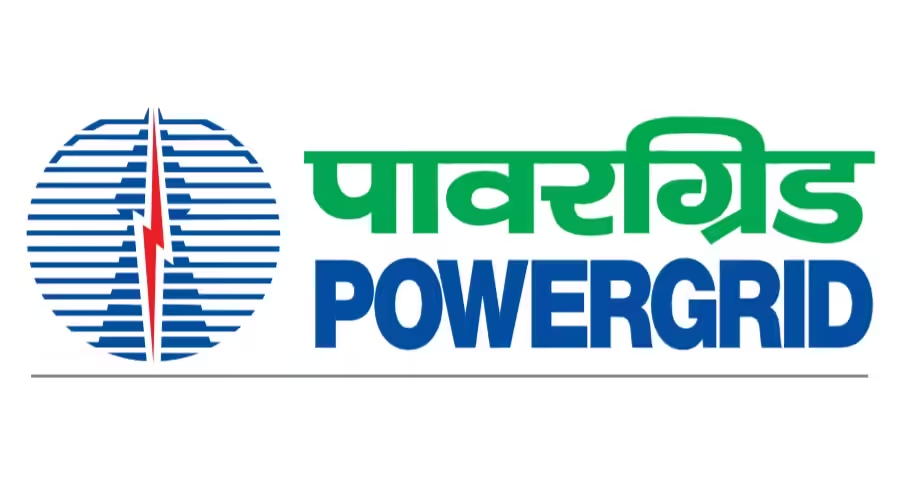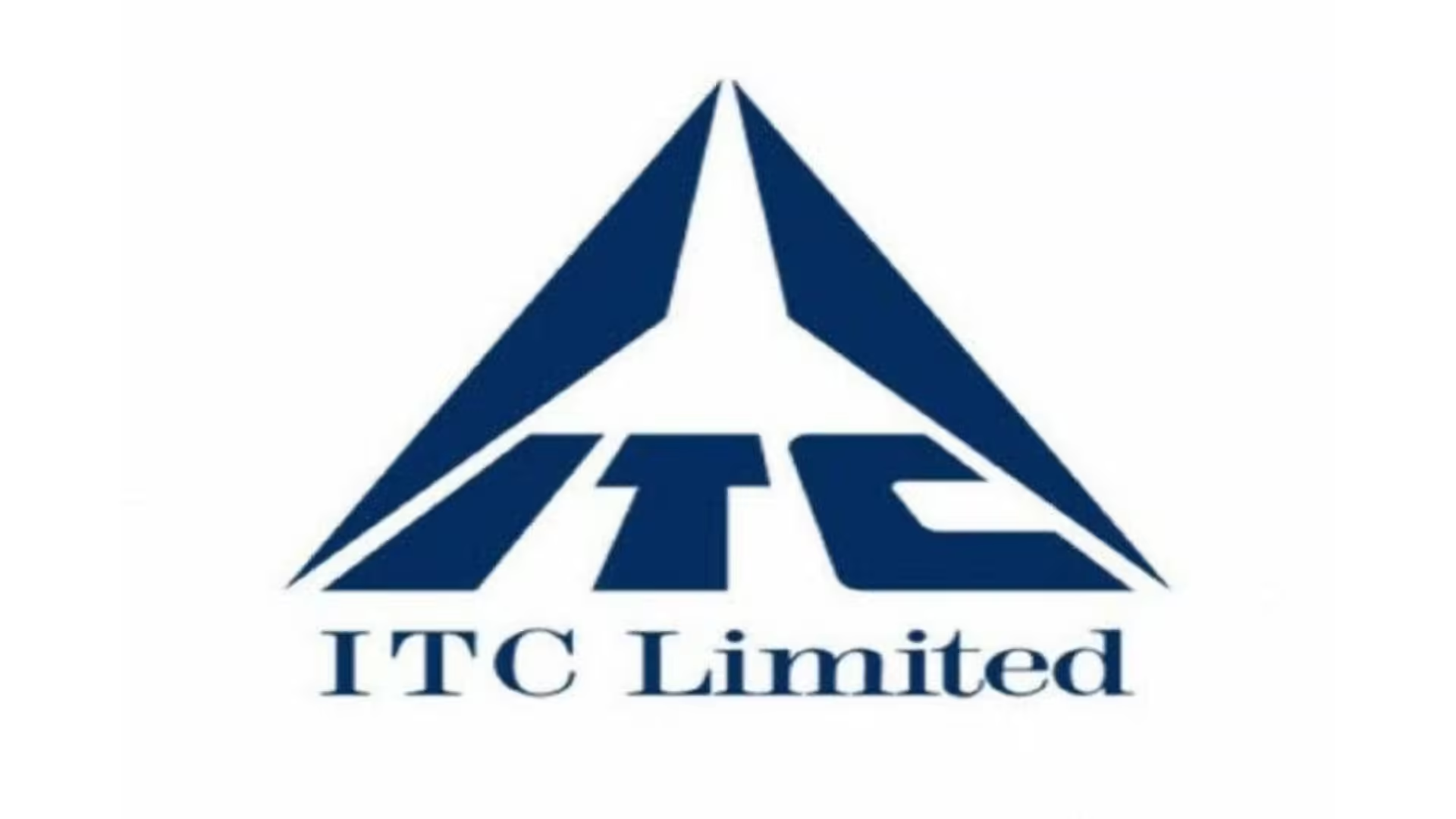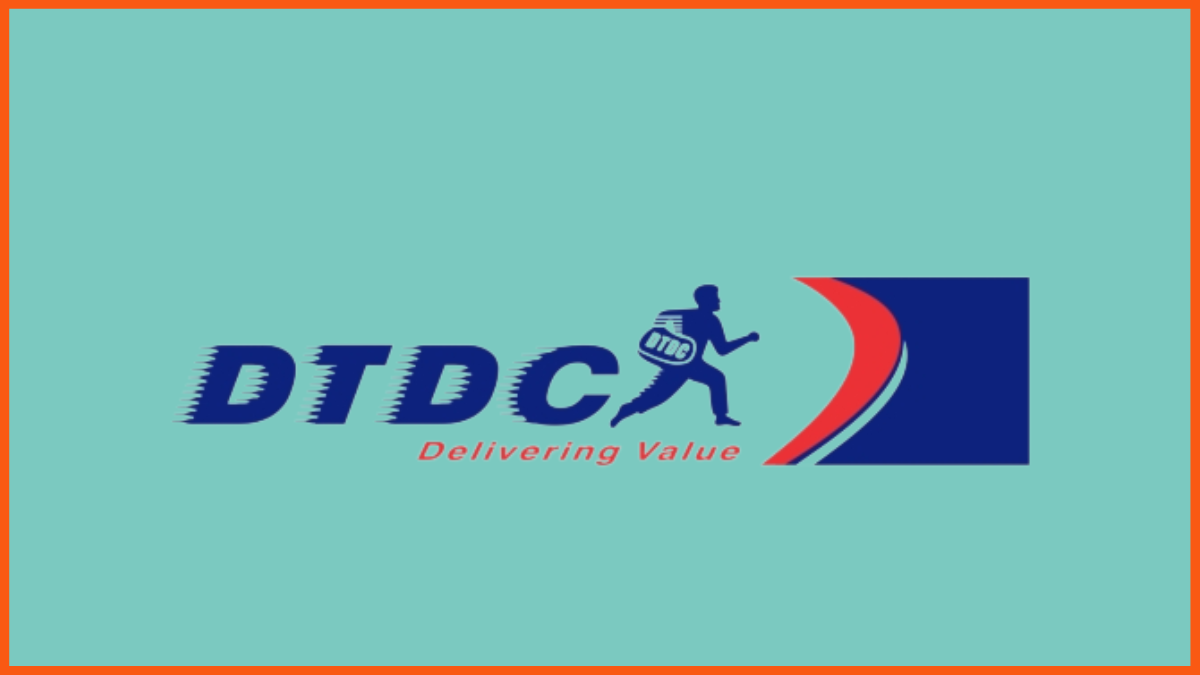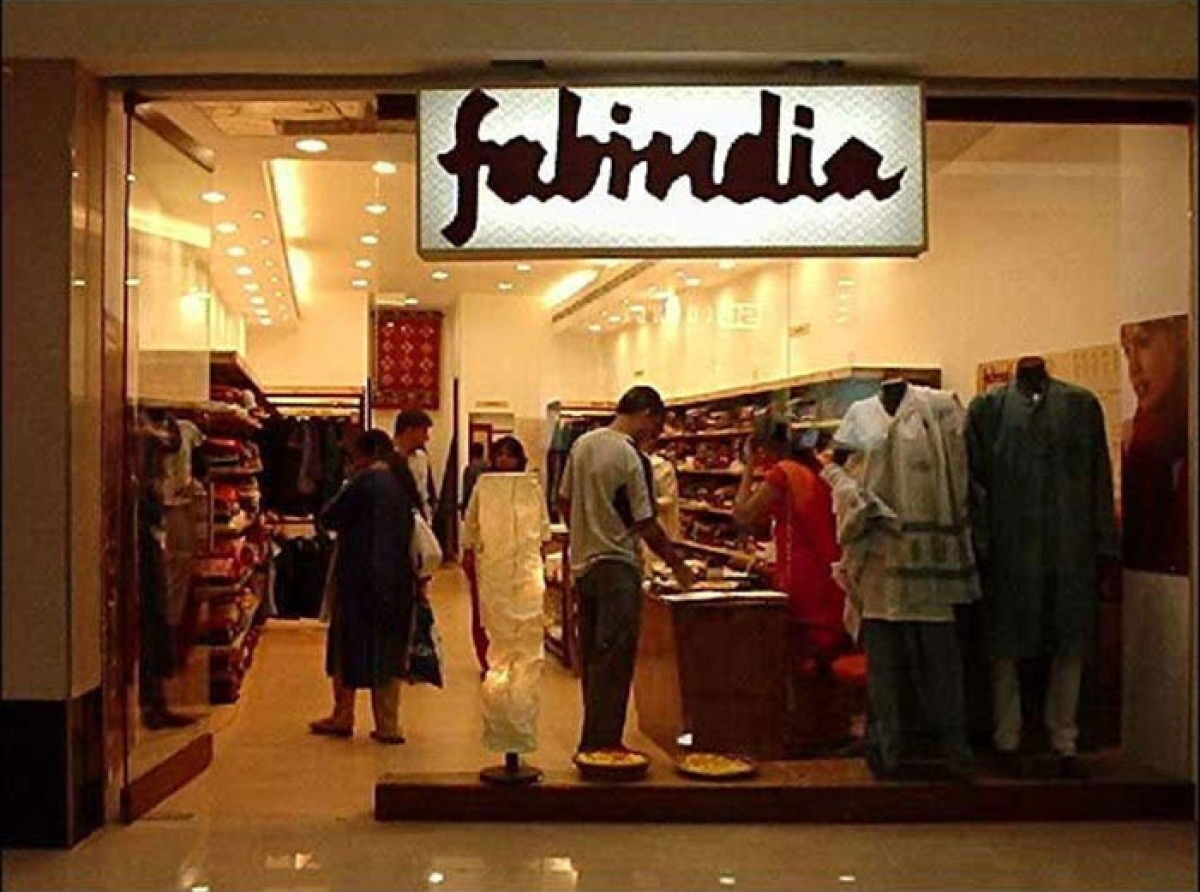India’s textile industry is one of the country’s largest and most significant sectors, contributing substantially to its economy. With a rich heritage and a growing domestic and international demand, textile stocks in India have become an attractive option for investors.
Here are some of the Best Textile Stocks in India
1. Vardhman Textiles Ltd.

Vardhman Textiles Ltd., a prominent player in the Indian textile industry, continues to demonstrate resilience and growth despite market challenges. As of August 2024, the company is focused on expanding and modernizing its operations, which includes increasing its production capacity to 12.37 lakh equivalent spindles and achieving an annual production of approximately 175 million meters of processed fabric. This strategic move aims to enhance business synergies and provide a competitive edge in the market.
Financial Performance:
- Revenue: For Q1 FY24, the company reported a revenue of ₹2,308.59 crore, showing a slight decline of 6.13% compared to the previous quarter. However, Vardhman Textiles’ net income saw a substantial increase, reaching ₹239.77 crore, up by 18.62% quarter-on-quarter.
- Profitability: The company’s net profit margin improved significantly to 10.39%, reflecting a 26.40% rise compared to the last quarter. This boost in profitability is attributed to favorable input costs, which have positively impacted the EBITDA margin.
- Market Performance: The stock price of Vardhman Textiles has been on an upward trajectory, with a notable increase of 21% over the last three months. As of August 7, 2024, the stock is trading at ₹510.95, with a market capitalization of approximately ₹15,165.77 crore. The stock’s P/E ratio stands at 20.34, reflecting investor confidence in the company’s growth prospects.
Strategic Outlook:
Vardhman Textiles is poised for further growth, with market analysts setting a price target of ₹614 in the next 8-10 months. The company’s focus on expansion and modernization, coupled with favorable market conditions, positions it well for continued success in the textile industry.
2. Arvind Limited

Introduction:
Arvind Limited, established in 1931 and headquartered in Ahmedabad, India, is a leading textile manufacturer and a prominent player in the retail sector. Over the years, the company has expanded its portfolio to include a diverse range of products and services, becoming a key player in the Indian industrial landscape.
Key Projects and Strategic Initiatives:
Arvind Limited is widely recognized for its expertise in denim manufacturing and has a significant presence in the branded apparel market through its ownership of brands like Flying Machine, Arrow, and U.S. Polo Assn. Additionally, the company has ventured into technical textiles, offering advanced materials for industrial and automotive applications. Its commitment to sustainability is evident through initiatives in water and wastewater treatment solutions, aiming to achieve zero liquid discharge in its operations.
Financial Performance (2024):
- Market Capitalization: ₹10,105.39 Crore
- Revenue (TTM): ₹7,715.07 Crore
- Net Income (TTM): ₹311.08 Crore
- Total Debt: ₹1,448.27 Crore
- Total Cash: ₹64.44 Crore
Arvind Limited’s strong financial metrics, coupled with its diversified business model, underline its resilience and growth potential. The company has also shown positive share price targets for the coming years, indicating a stable investment opportunity.
Future Outlook:
Looking ahead, Arvind Limited is poised for further growth, driven by its expansion in the e-commerce space, technical textiles, and a continued focus on innovation and sustainability. The company’s strategic initiatives, including its foray into newer markets and products, are expected to strengthen its position in the global market.
3. Raymond Ltd.

Introduction:
Raymond Ltd., established in 1925, is a leading Indian conglomerate with a strong presence in textiles, apparel, and real estate. The company is renowned for its premium fabric offerings, including suiting, shirting, and denim.
Key Developments:
In August 2024, Raymond announced significant growth, with a notable rise in its consolidated net profit for Q1 FY25. The company’s strategic spinoff of its real estate business is poised to unlock further shareholder value, marking a new phase in its expansion.
Financial Performance:
- Stock Price: ₹1,919.50 (August 2024)
- Revenue (Q1 FY25): ₹2,185 crore
- Net Profit (Q1 FY25): ₹128 crore
Strategic Outlook:
Raymond Ltd. is focusing on expanding its retail presence and enhancing its product portfolio. The upcoming listing of its real estate business, Raymond Realty, is expected to further bolster the company’s market position and unlock shareholder value.
4. Welspun India Ltd.
Introduction:
Welspun India Ltd., a part of the Welspun Group, is a global leader in home textiles, offering products like towels, bathrobes, beddings, and flooring solutions. Established in 1985, the company has grown significantly to cater to markets in over 50 countries, including the U.S., Europe, and the Middle East.
Recent Financial Performance:
As of the latest data, Welspun India has shown strong financial health with a market capitalization of ₹14,026.6 crore. The company generated a revenue of ₹9,679.24 crore over the trailing twelve months (TTM), with a net income of ₹681.09 crore. The company maintains a healthy operating margin of 10.19% and a profit margin of 7.03%. Additionally, the company’s revenue growth was reported at 19.5% quarterly, with a 16.4% year-over-year increase in earnings.
Share Price Outlook:
Welspun India’s stock has performed well in 2024, with a 27.53% increase in its share price since the beginning of the year. The company’s share price is expected to rise by an additional 9.81% to 13.02% by the end of 2024. Looking ahead to 2025, the share price is projected to grow by 47.17% to 52.2%.
Key Strengths:
- Global Presence: Welspun India has a robust presence in both domestic and international markets.
- Product Innovation and Sustainability: The company focuses on innovative and eco-friendly products.
- Financial Stability: Despite its debt of ₹2,632.23 crore, Welspun maintains a substantial cash reserve of ₹1,163.59 crore, providing financial flexibility.
5. KPR Mill Ltd.
Introduction:
KPR Mill Ltd. is a leading textile manufacturer in India, established in 1984. The company is well-known for its vertically integrated operations, producing a wide range of products, including yarn, fabric, and garments. Additionally, KPR Mill has diversified into the sugar and renewable energy sectors.
Financial Performance:
In FY 2023-2024, KPR Mill Ltd. reported a revenue of ₹6,060 crore, with an EBITDA of ₹1,304 crore. The company’s profit after tax stood at ₹805 crore. Despite a slight year-over-year decline in revenue and profits, the company maintained strong financial stability with a market capitalization of approximately ₹31,242 crore as of August 2024.
Strategic Initiatives:
KPR Mill continues to focus on expanding its production capacity and enhancing its product offerings. The company’s commitment to sustainability is reflected in its investments in renewable energy, contributing to long-term growth prospects. Additionally, KPR Mill’s robust export operations make it a key player in the global textile market.
Future Outlook:
Looking forward, KPR Mill is expected to benefit from its strong operational capabilities, diversified product portfolio, and continued focus on innovation and sustainability. The company’s strategic initiatives in the textile and renewable energy sectors position it well for future growth.
6. Rupa & Company Ltd.
Introduction:
Rupa & Company Ltd. is one of India’s leading manufacturers and marketers of hosiery and innerwear products. The company offers a wide range of products under various brands, including Macroman, Frontline, and Euro, catering to different segments of the market.
Financial Performance:
As of the latest financial data:
- Revenue: ₹12.17 billion.
- Net Income: ₹697.77 million.
- Earnings Per Share (EPS): ₹8.77.
- Net Profit Margin: 6.05%.
- Market Cap: ₹25.27 billion.
Despite a challenging market environment, Rupa & Company has managed to maintain a stable financial performance. However, the company has faced some revenue growth challenges, with a slight decline in sales over the past year.
Future Outlook:
The future outlook for Rupa & Company Ltd. appears promising, driven by several factors:
- Market Expansion: The company is focusing on expanding its market presence both domestically and internationally.
- Product Innovation: Continuous innovation in product lines to meet changing consumer preferences.
- Operational Efficiency: Efforts to improve operational efficiency and cost management.
- Brand Strength: Leveraging strong brand recognition to capture a larger market share.
7. Manyavar – Vedant Fashions Limited
Introduction:
Vedant Fashions Limited, known for its flagship brand Manyavar, is a leading player in the Indian ethnic wear market. The company offers a wide range of traditional clothing for men, women, and children, catering to various occasions such as weddings and festivals.
Financial Performance:
As of the latest financial data:
- Revenue: ₹12.96 billion for FY24.
- Net Income: ₹3.85 billion.
- Earnings Per Share (EPS): ₹2.57.
- Net Profit Margin: 26.06%.
- Market Cap: ₹1,116.95 per share.
Despite a challenging market environment, Vedant Fashions has maintained strong profitability, although there has been a slight decline in revenue growth.
Future Outlook:
The future outlook for Vedant Fashions Limited appears promising, driven by several factors:
- Market Expansion: The company is focusing on expanding its market presence both domestically and internationally.
- Product Innovation: Continuous innovation in product lines to meet changing consumer preferences.
- Operational Efficiency: Efforts to improve operational efficiency and cost management.
- Brand Strength: Leveraging strong brand recognition to capture a larger market share.
8. Trident Limited
Introduction:
Trident Limited is a diversified mid-cap company based in Ludhiana, Punjab. Established in 1990, it initially focused on yarn manufacturing and later expanded into terry towel manufacturing, paper, chemicals, and energy sectors. Trident is now a global player with a presence in over 150 countries, known for its high-quality textiles and paper products.
Financial Performance:
As of the latest financial data:
- Revenue: ₹6,998 crore for FY22.
- Net Income: ₹834 crore.
- Earnings Per Share (EPS): Not specified.
- Net Profit Margin: Not specified.
- Market Cap: Not specified.
Trident has shown robust financial growth, with a significant increase in both revenue and net income over the past year. The company’s revenue grew by 54% year-on-year, and its profits more than doubled.
Future Outlook:
The future outlook for Trident Limited is promising, driven by several factors:
- Capacity Expansion: The company has allocated ₹1,377 crore towards expanding its yarn, sheeting, and power generation capacities, expected to be completed by September 2023.
- Market Growth: The global textile and apparel market is projected to grow, providing ample opportunities for Trident to capture a larger market share.
- Product Diversification: Continuous innovation and diversification in product lines to meet evolving consumer demands.
- Sustainability Initiatives: Focus on sustainable practices and efficient resource utilization to enhance long-term growth.
9. Page Industries Limited
Introduction:
Page Industries Limited is a prominent player in the Indian textile and apparel industry, best known for its flagship brand, Jockey. The company specializes in manufacturing and marketing innerwear, leisurewear, and sportswear for men, women, and children. Page Industries holds the exclusive license to manufacture, distribute, and market Jockey products in India, Sri Lanka, Bangladesh, Nepal, and the UAE.
Financial Performance:
As of the latest financial data:
- Revenue: ₹2,833 crore for FY21.
- Net Income: ₹501.53 crore for Q1 FY24.
- Earnings Per Share (EPS): ₹516.46.
- Net Profit Margin: 454.34 billion INR
- Market Cap: ₹44,713.71 crore.
Page Industries has demonstrated strong financial performance, with significant growth in revenue and profitability. The company has maintained a stable growth trajectory, despite market challenges.
Future Outlook:
The future outlook for Page Industries Limited is promising, driven by several factors:
- Market Expansion: The company aims to become a $1 billion company in the next five years, focusing on expanding its market presence.
- Product Innovation: Continuous innovation in product lines to meet evolving consumer preferences, particularly in the athleisure segment.
- Operational Efficiency: Efforts to improve operational efficiency and cost management.
- Brand Strength: Leveraging strong brand recognition to capture a larger market share.


